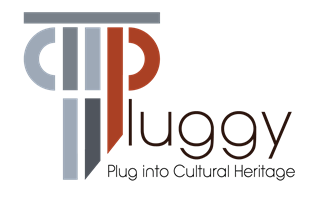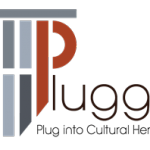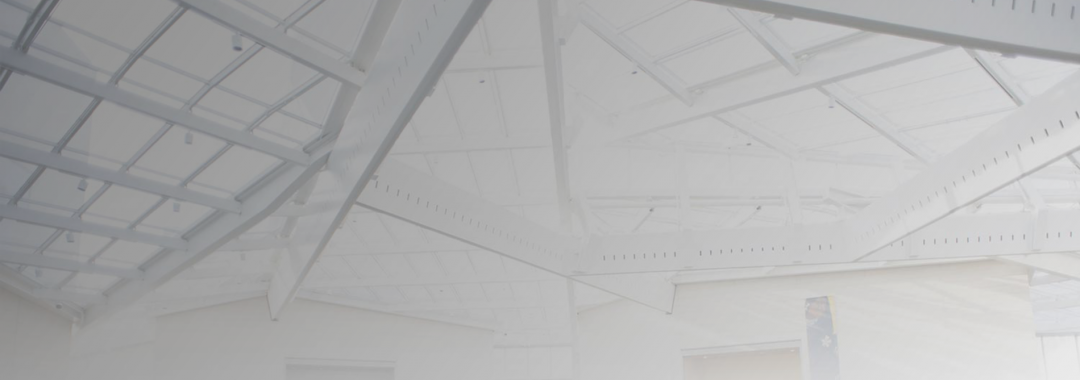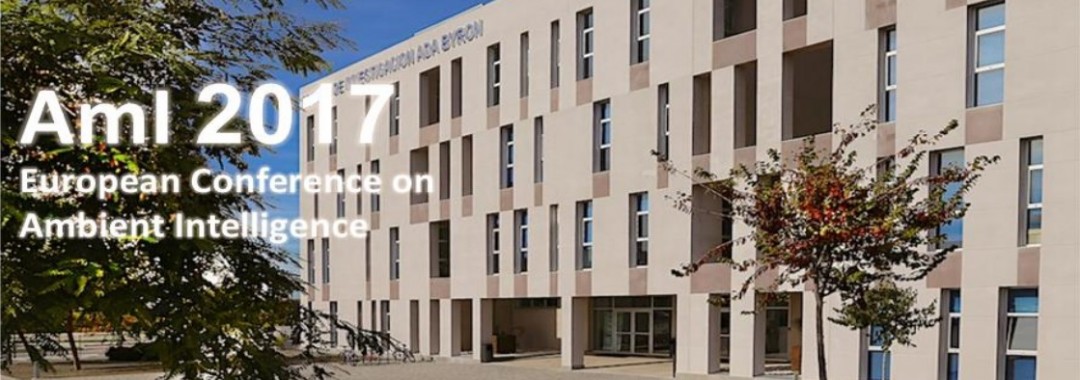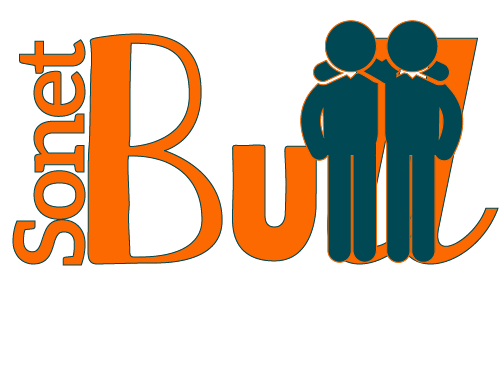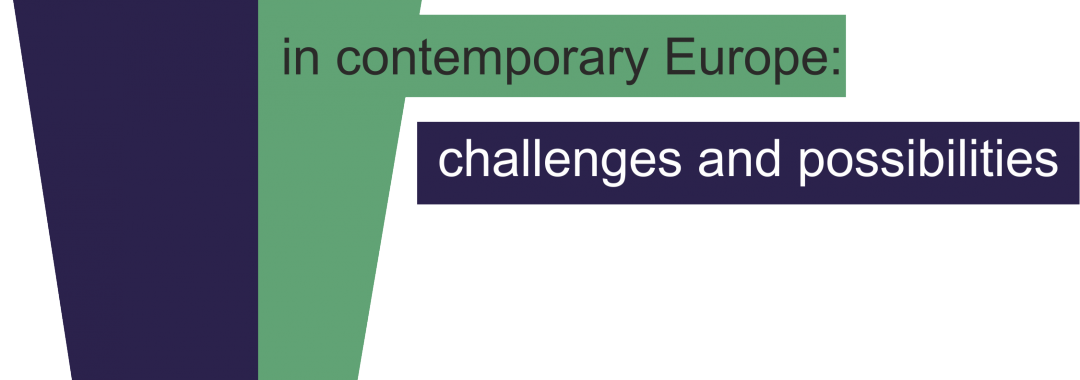Call for Full Papers and Short Papers
2017 European Conference on Ambient Intelligence (AmI 2017) – Towards a Smart and Human-Centered Internet of Things
26-28 April 2017 – Málaga (Spain) – http://www.ami2017.eu
The 2017 European Conference on Ambient Intelligence (AmI 2017) has a focus on the role of Ambient Intelligence “Towards a Smart and Human-Centered Internet of Things”. It will take place in Málaga, Spain, from 26-28 April 2017. We invite submission of full papers and short papers presenting original research. AmI 2017 is an interdisciplinary venue for leading international researchers, designers, and practitioners that present and discuss new results in Ambient Intelligence.
Important Dates
Submission deadline: 23. December 2016
Author notification: 17. February 2017
Camera-ready deadline: 1. March 2017
Focus Areas
Enabling Technologies, Methods and Platforms
Sensors and Actuators, Reliability and Quality of Sensor Data, Combination of Multiple Sensor Modalities, Indoor vs. Outdoor Tracking, Interactive and Smart Materials and Physical Computing, Modelling Context Awareness and Location-based Services, Machine Learning and Artificial Intelligence in Smart Environments, Ambient Intelligence Platforms and Multi-Agent System, Self-organization in Socially Aware Ambient Systems, Emergent and Collective Ambient Intelligence, Evaluation Methods and Techniques for Ambient Intelligence, Living Labs, Context Laboratories, and Experiential Landscapes
Objectives and Approaches of Ambient Intelligence and Internet of Things
Human-Centred Design of Ambient Intelligence Environments, Citizen-Centred Design and Civic Computing, User Requirements for Ambient Intelligence Environments, Security and Privacy as a core theme of Ambient Intelligence, Social Technologies and the Internet of Things, Impact of Ambient Intelligence and IoT on Society
From Information Design to Interaction and Experience Design
Multi-Modal/ Multi-Sensory Interaction, Tangible and Gesture-based Interaction, Implicit vs. Explicit Interaction, Symmetric Interaction in Real and Virtual worlds, Space-Time Dispersed Interaction, Crowd and Swarm-based Interaction
Application Areas of AmI and IoT
Industrial Internet – Industry 4.0, IoT and Logistics, Product Memory, Sustainability and Fair Trade, Smart Homes as opposed to Smart Houses, Ambient Assisted Living, Healthcare and Well-being, Personal Health and Tele-monitoring, Smart Cities and Smart Airports, Media Façades and Urban Computing, Hybrid Cities, Connected Cars and Autonomous Driving, Pervasive Games in Hybrid Worlds, Immersive Entertainment Environments
Submission Requirements
The papers must be anonymized to facilitate blind review. Authors are encouraged to minimize any references that may reveal the identity of the authors and their institutions. Relevant references to an author’s previous research should not be suppressed but instead referenced in a neutral way. Submissions will be accepted and managed using EasyChair (https://easychair.org/conferences/?conf=ami17). All papers will be reviewed by at least three Program Committee members.
We support both Full Papers (max. 16 pages) and Short Papers (6 pages) that will be presented at the conference. Details can be found at our homepage http://ami2017.eu/cfp/
Organizing committee
Program Co-Chairs
Andreas Braun, Fraunhofer Institute for Computer Graphics Research IGD & Fraunhofer Ambient Assisted Living Alliance, Germany
Reiner Wichert, Center for Research in Security and Privacy CRISP, Germany
General Chair
Antonio Maña, Universidad de Málaga & Safe Society Labs, Spain
Honorary Chair
Norbert Streitz, Smart Future Initiative, Germany
Local Organization Chair
Hristo Koshutanski, Univ. de Málaga & Safe Society Labs, Spain
Download here the call for paper!


